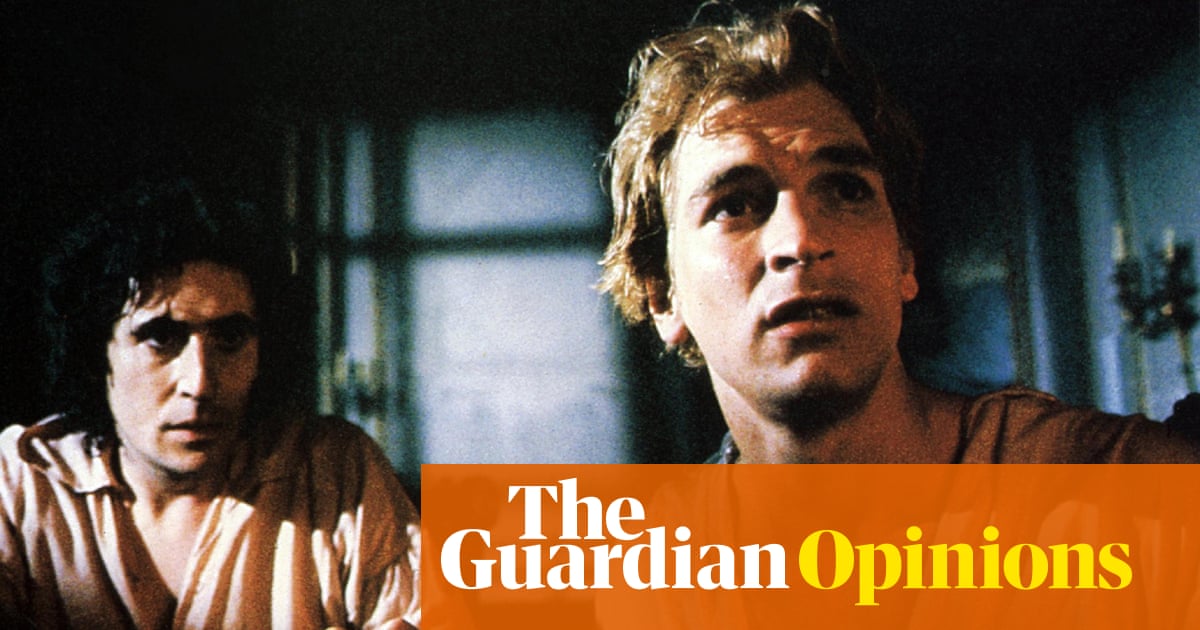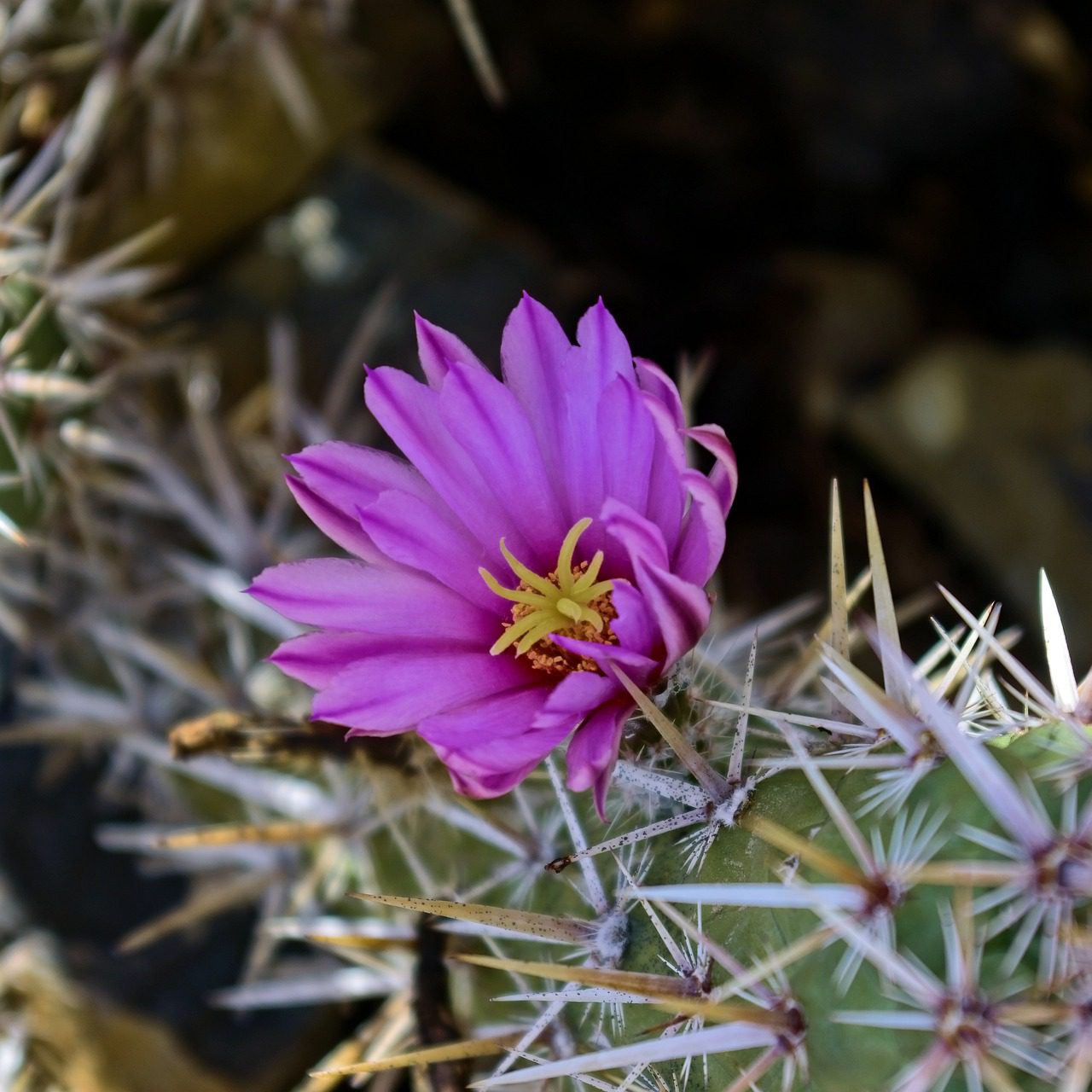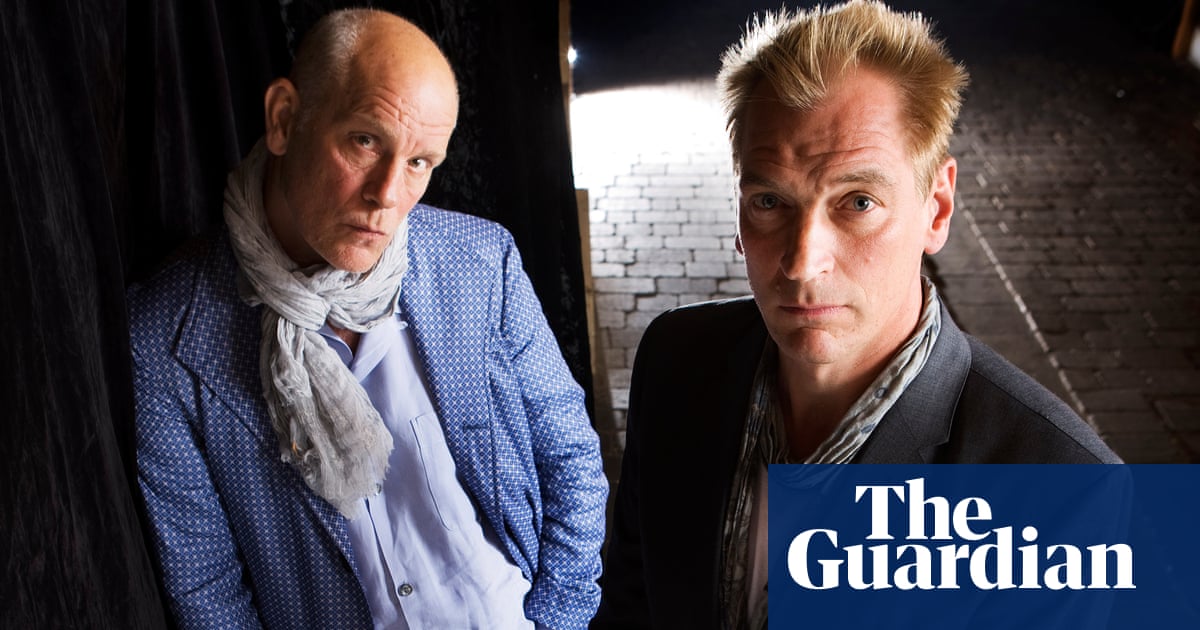
Over the last few months, images of Julian have been recurring in my mind.
A summer morning, so many years ago, filming Gothic in Berkshire. Julian, Natasha Richardson and myself lounging beneath a cedar tree.
A sun-blessed day. Suddenly, an unexpected thunderstorm.
“Isn’t it dangerous to shelter under trees,” said Natasha, laughing. Julian jiggled madly in the rain to some wild music in his head until his costume was sodden and he lay prostrate in the mud. He shouted: “I am too much restrained by narrative prose, Byron!”
He played Shelley in the film, Natasha was Mary and I was Byron. It was a surreal gothic-horror directed by Ken Russell. Nightmare and hallucination, drugs and poetry; the Romantic poets as drugged-up rockstars.
We were told to conjure our deepest, darkest fears and bring them to life. I walked barefoot through a cellar full of squealing rats, and had leeches attached to my naked body. Julian hung upside down from a tree, over a lake. He chased the girls with a plaster death mask over his face.
Ken gave us champagne before a day of particularly gruesome bedroom scenes, his face puce with eczema and ill-humour. Julian held my pretend dead body in his arms, Pieta-like. Shelley was meant to be bereft with sorrow. Julian was desperately trying to turn corpsing laughter into mournful, howling grief.
“For fack’s sake,” said Ken, “stop acting the bollocks, Julian, and kiss him on the facking lips.” “Don’t you dare,” I said, but he did anyway.
Then he bear-hugged me with those powerful arms. The film didn’t receive good notices but it remains one of my fondest memories.
Julian was like the boy in class who made you laugh, with inky fingers and mischief, with spiders in matchboxes and fart noises in maths class.
We made another film in Spain, and there he was again, to my delight, linen-suited and gleefully reporting unrepeatable stories about Grace Jones. Being dismissive of Spanish wines. He knew about wine; of course he did.
And finally, we made a film in London. I was a gangster, he played my driver. As he reversed the Rolls Royce beautifully for another take he said: “How long before they’d notice if we fucked off in this motor?”
The last time I saw him was in New York, at the Irish rep theatre, enthralling the audience with his one-man theatre piece about Harold Pinter, directed by his great friend, John Malkovich.
Again, the bear hug. Muscled body beneath the John Varvatos jacket. And the laughter. Soft words about Natasha and her tragic death on a ski slope.
Julian was the golden-haired glamour boy, destined – everyone said – to be a Hollywood heartthrob. That hair, the silken voice, the razor-blade cheekbones.
But that was not what Julian wanted. Like Shelley, he craved distant fields and mighty rivers. To find pleasure in the pathless woods, rapture in the lonely shore, as Byron said. To seek out the exotic and the strange. To escape being branded, having his identity fashioned by strangers who’d tell him: “Be a good boy, we will tell you who you are.”
There was always a mystery about Julian. The heart of a child-man in which scorpions and bluebirds nested. What lay behind those restless eyes? Fiercely listening, then a dreamy drifting off to somewhere beyond.
I remember the fierce intelligence, the unquenchable curiosity. The depth of his knowledge and love of literature and paintings and antiques. His passion for life and living. His great sense of humour and gift for storytelling. His brave choices as an actor. The love of family.
You wanted to know him; to get at the essence of him. He was anxious to know your story yet elusive about his own. Here but not here, there but not there either.
Like John Muir, the mountains called him, and you cannot argue with a mountain. They will teach you about life, Julian told me. About yourself.
Once, I asked him about why people are compelled to climb. Everyone has his own reason, he answered. Some seek the mystery of the divine. To know God in the silence. Some to find harmony and order in the chaotic uncertainty of life. Or simply just because it’s there, as George Mallory said.
At a time when we treat our planet with arrogant carelessness for its future, it was moving to hear Julian describe his humility before nature. His love and care for the great world we are destroying. He railed against the greed of man but predicted nature would always have the last say.
The mountains were in him: the hidden path, the deception of cloud and mist and rock and shadow. Time and space and distance altered. To leave behind the vagaries of life and career. The failures and success and the judgement of others and the fear it brings.
As a climber, Julian was fearless, though he knew the dangers well enough. He sought the freedom which comes from acceptance that nothing matters beyond the moment, step by slow step to the summit.
In every ascent and descent, he said, there is a learning. Beyond these mountains there are higher, greater ones.
In our last correspondence, he wrote this:
Most mountaineers understand that the true summit is within. The high point on a peak is simply that, but the experience of the approach, the face or the ridge, up and down, is where true fulfilment is found.
Some years ago a great actor friend of mine, Chris O’Neill, died suddenly on a trip to Miami. He’d been writing a script and he told me he couldn’t wait to get back to his study to continue. I’ve been haunted for years by the image of him closing the door – unknowingly for the last time, as one day we all must – on an empty room.
And then Natasha died. And now another door has closed. Another room is empty.
This article was amended on 30 June 2023. An earlier version said that an embedded image featured Rufus Sewell when it was Toby Stephens. Also, the quote “because it’s there” was said by George Mallory not Edmund Hillary.












